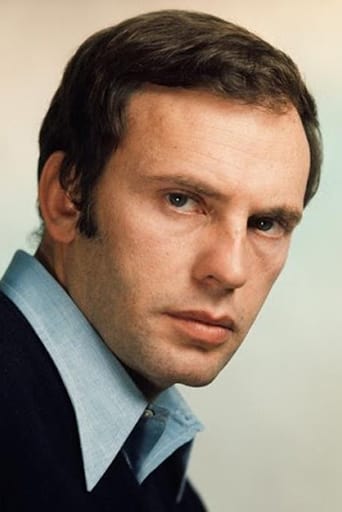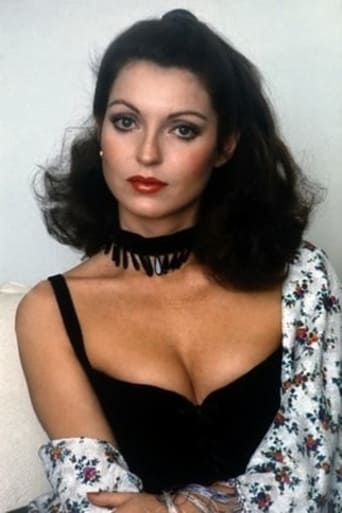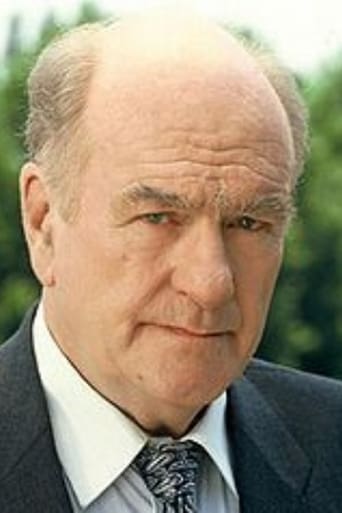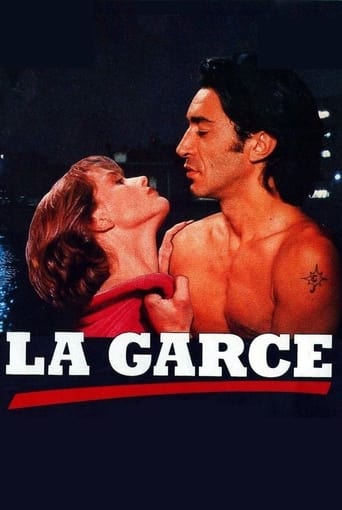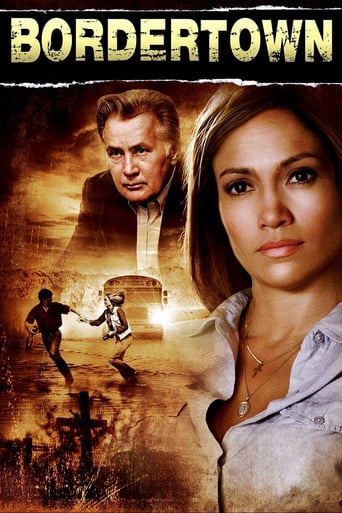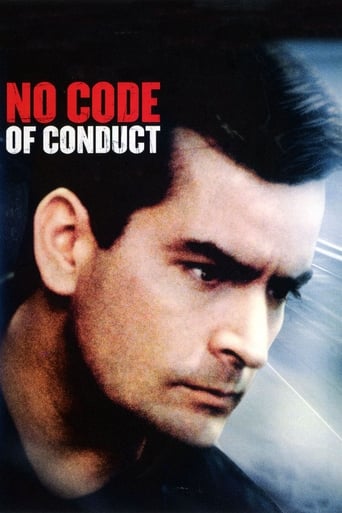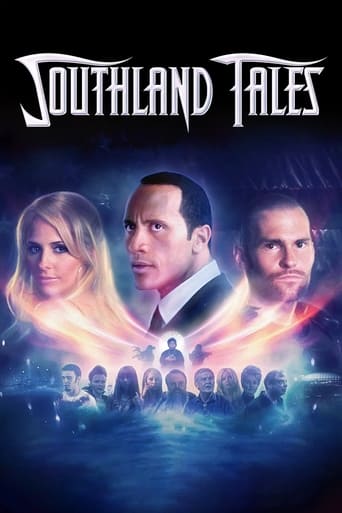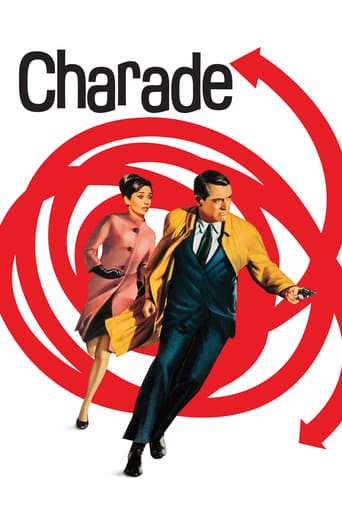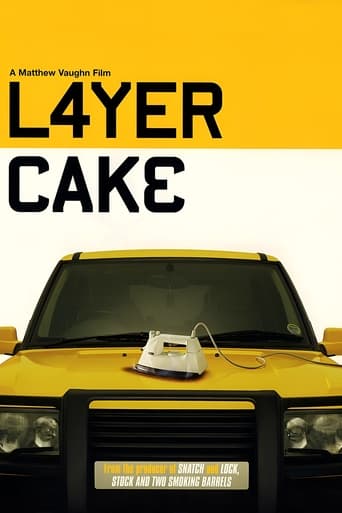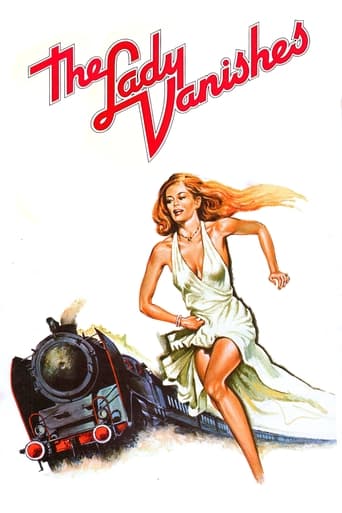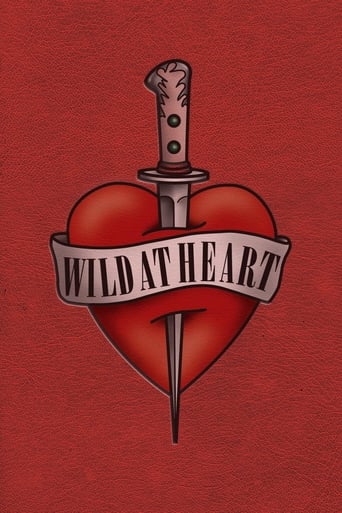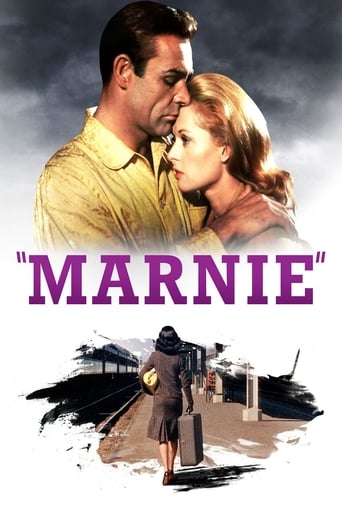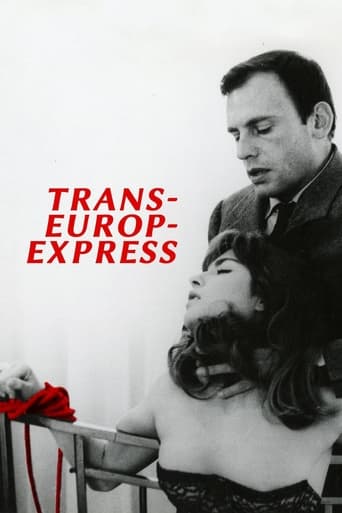
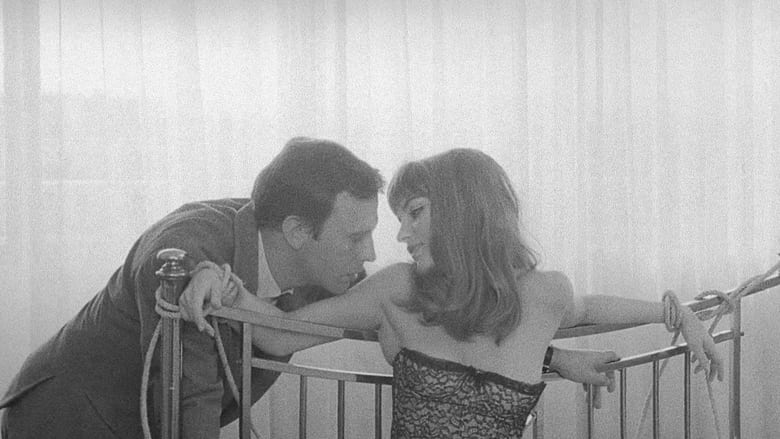
Trans-Europ-Express (1967)
A movie producer, director and assistant take the Trans-Europ-Express from Paris to Antwerp. They get the idea for a movie about a drug smuggler on their train and visualize it while taping the script.
Watch Trailer
Cast


Similar titles
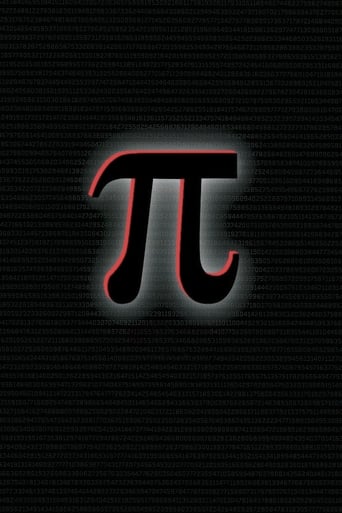
Reviews
I would like to see someone produce a spoiler on this garbage (and, incidentally, probably all that robbe-grillet filmed - i just picked this one as a representative of all). This is BS-artistry pure. Unfortunately there is Money in art and in film, if you can get away with it. You need some Beautiful women to take there cloths off, of course, and a good cinematographer helps a lot as well. The Pictures are well lit and what you see of the women isn't bad - but that's it. No original thought here, in fact no thought whatsoever. That's why BS-artists are BS-artists - they basically have nothing to say about anything. There heads are a black hole from which nothing of value can escape. Robbe-Grillet and others of his ilk give film a bad name. Trintignant could be good - he proved that in other films. Here, however, he was taken in by a con-man, which is the essence of a BS-artist.
"Why should I change hotels?" asks the protagonist. "For the sake of changing" comes the reply.That pretty much sums up Alain Robbe-Grillet's audacious followup to his debut. Even though this is my first ARG film I can't say I'm very surprised, as his reputation certainly precedes him. He is after all the man who wrote Marienbad for Resnais, as well as his own romans that burrowed holes within meta-narrative.Two men and a woman, apparently film-makers of some kind, board a coupet of the Trans-Europ-Express train to Paris. While on board, they decide to kill time by improvising a script for a movie - a crime thriller about a man working for a drug trafficking ring and heading to Antwerp on board the Trans-Europ-Express with a bag full of cocaine. Playing on multiple narrative levels, with the film-makers serving as omniscient narrators and creators who create the universe of the story and improvise its details as they go along, even going back and erasing things we've witnessed to accommodate for plot holes and inconsistencies, sketching them again on the spot and presenting us with a pulply crime story torn that constantly shapeshifts before our eyes even as it progresses. Trans-Europ-Express is then in a flux of constant retroactive continuity, expanding simultaneously forwards and backwards from a central (albeit moving) point in time - from the coupet of the train where the three film-makers brainstorm.ARG takes inspiration from surrealist ideas of synchronicity, reveries, the 'passages' of Louis Aragon, the Flauners of Baudelaire and the psychic automatism of André Breton. Or as Tristan Tzara, one of the main theoreticians of Dadaism, wrote in a letter to Breton: "Whatever we see is false". So with the story of Trans-Europ-Express. Jean-Louis Trintignant is shot only to reappear in the final scene hugging the girl he strangled a couple of scenes earlier and which he subsequently saw performing in a BDSM club. Such is the nature of TEE's story.Snippets of cassette playback (as the film-makers rewind it to listen to the notes they've been keeping) coalesce with narration that spills over the fictional story they're creating which in turn becomes real before our eyes as it is acted by Trintignant and the others. ARG's duallistic approach is further transferred on his stylistic choices for the movie. Massive constructions (cranes, ships, dams, old buildings, train stations) depicted in the exteriors while power drills and metallic clangs are audible in the background, cold and clinical interiors.Beautifully photographed by ARG who shows considerable visual talent for a man who studied mathematics and started writing before he stepped behind the camera; finely acted; entertaining despite its convoluted nature and gimmicks; TEE is a minor masterpiece for the adventurous viewer. It still lacks the dramatic punch to take it to the next level though.
Robbe-Grillet's most overtly playful movie, with a narrative that doubly doubles back on itself. A writer (played by Robbe-Grillet himself), his assistant (Catherine, his wife), and a producer board the Trans-Europ Express for Antwerp. The producer asks the writer to formulate a screenplay based on their present situation. Jean-Louis Trintignant, seen in a prologue buying L'Express, then stealing another magazine with pictures of women in bondage poses, enters their compartment, looks furtively at the trio, and leaves. They "recognize" him as the actor Trintignant, and the writer begins to compose his story, with Trintignant as the protagonist, of a smuggler running drugs into Belgium. The film we see is that story, with occasional interruptions by the assistant or the producer commenting on the story ("But that's absurd!" "Well, we'll cut that scene then"). The smuggler follows clues for a complicated drop-off, and dallies with a prostitute (the lovely Marie-France Pisier), in a typical Robbe-Grillet scene of consensual rape and bondage. Then the whole drug delivery set-up is revealed as a dry run for the novice smuggler, who must then re-embark on the same journey, with different results.Robbe-Grillet's fantasies of erotic violence and bondage culminate in this film with a night-club act, in which a young woman, kneeling with one leg extended behind her, on a revolving table, is stripped and chained, in slow close-ups, making voyeurs of the movie audience as well as the night-club patrons.The story ends as our trio arrives in Antwerp, with a surprise final freeze frame of "Trintignant" being greeted by "Pisier". An entertaining diversion on storytelling. Robbe-Grillet may just be the "anti-Godard"; his films (of which I've now seen four) are demonstrations of cinema as "un-truth" at 24 frames per second.
Given that TRANS-EUROP-EXPRESS is the only movie directed by Alain Robbe-Grillet which the late conservative British film critic Leslie Halliwell reviewed in his celebrated “Film Guide”, one would think that it was more accessible than his usual reportedly impenetrable stuff and, in a way, it is – but still, the end result is hardly straightforward and almost as cerebral! Jean-Louis Trintignant, in the first of four films he made with Robbe-Grillet, plays a novice drug courier tested by his future employers in carrying a stash of cocaine (which is actually sugar) by train and depositing it into a train station locker – but this simple task is fraught with any number of unexpected complications including police interrogation and night-time chases. Marie-France Pisier is a very beguiling presence here as a whore/double agent with whom Trintignant has several S&M encounters in a hotel room until her ‘double face’ drives him to murder…or does it? Although I was aware that the actress had played Colette in Francois Truffaut’s Antoine Doinel series and had the leading role in the trashy THE OTHER SIDE OF MIDNIGHT (1977), looking at her filmography just now I was surprised to learn that she was also in one of my favorite films, Luis Bunuel’s THE PHANTOM OF LIBERTY (1974), as well as Jacques Rivette’s ambitious fantasy CELINE AND JULIE GO BOATING (1974; which I’ve just acquired via the BFI’s 2-Disc edition)! What this film has that the other Robbe-Grillet titles I’ve watched (including THE IMMORTAL ONE [1963]) don’t, is a surprisingly substantial dose of humor: in fact, the writer-director himself appears as a train passenger who is contemplating a film about drug-trafficking which (given that he happens to be on the train himself) would be an ideal vehicle for Jean-Louis Trintignant!; similarly, when Trintignant and Pisier go to a café he tells her that the waiter who had just served them was not a waiter at all but an actor playing a waiter!; during one of the various meetings with his shady employers, Trintignant is asked to repeat where he is supposed to meet his contact – implying a very complicated route – he simply replies “Where” (at which his employer doesn’t even bat an eyelid!), etc. At one point, Robbe-Grillet’s fellow passengers complain that drug-trafficking is no longer hip and that diamond-smuggling is the current criminal fad; therefore, Trintignant & Co. exchange costumes and settings accordingly…before the director decides to stick to his original idea (whim?) after all! Incidentally, this ‘screenplay-in-the-making’ structure reminds one of the contemporaneous Hollywood comedy, Paris WHEN IT SIZZLES (1964), which was itself a remake of an earlier French original – Julien Duvivier’s LA FETE A' HENRIETTE (1952). In fact, the whole self-referential element in the film and its heady spoof on the thriller genre recalls the Jean-Luc Godard of BREATHLESS (1960), BAND OF OUTSIDERS (1964), ALPHAVILLE (1965) and PIERROT LE FOU (1965) more than anything else...Unfortunately, what I said about the poor video quality of EDEN AND AFTER (1970) applies to an even greater extent here – since this one looked distinctly like a tenth-generation dupe (with actors’ features being quite blurred at times and especially, alas, during the S&M striptease act towards the end). That said, the film itself is let down somewhat by sluggish pacing – even if the version I watched ran for a mere 88 minutes, when all sources I know of give its running-time as 105! As it is, I’d welcome a legitimate DVD release of TRANS-EUROP-EXPRESS and one hopes that the recent passing of its creator will inspire adventurous labels to pursue its rights.


